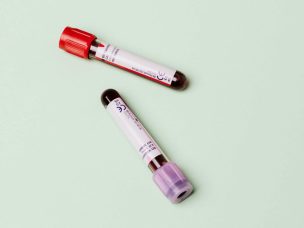FRIDAY, Oct. 30, 2020 (HealthDay News) — Lipid screening and cardiovascular risk assessment should be performed for all patients with endocrine disorders, according to an Endocrine Society clinical practice guideline published in the December issue of the Journal of Clinical Endocrinology & Metabolism.
Connie B. Newman, M.D., from the New York University Grossman School of Medicine in New York City, and colleagues reviewed data on dyslipidemia and atherosclerotic cardiovascular disease risk in patients with endocrine disorders.
The authors recommend screening and cardiovascular disease risk assessment, including a lipid panel for assessment of triglyceride levels and calculating low-density lipoprotein cholesterol. Pharmacologic treatment is recommended as adjunct to diet and exercise to prevent pancreatitis in adults with fasting triglyceride levels >500 mg/dL. Statin therapy is recommended in addition to lifestyle modification to reduce cardiovascular risk in adults with type 2 diabetes and other cardiovascular risk factors. Statin therapy is suggested for patients with type 1 diabetes who are age 40 years or older, with diabetes duration >20 years, microvascular complications, chronic kidney disease in stages 1 to 4, obesity, high triglycerides and low high-density lipoprotein cholesterol, or diabetic retinopathy. Before treatment with lipid-lowering medication, hypothyroidism should be ruled out in patients with hyperlipidemia.
“This guideline is the first of its kind,” Newman said in a statement. “We hope that it will make a lipid panel and cardiovascular risk evaluation routine in adults with endocrine diseases and cause a greater focus on therapies to reduce heart disease and stroke.”










